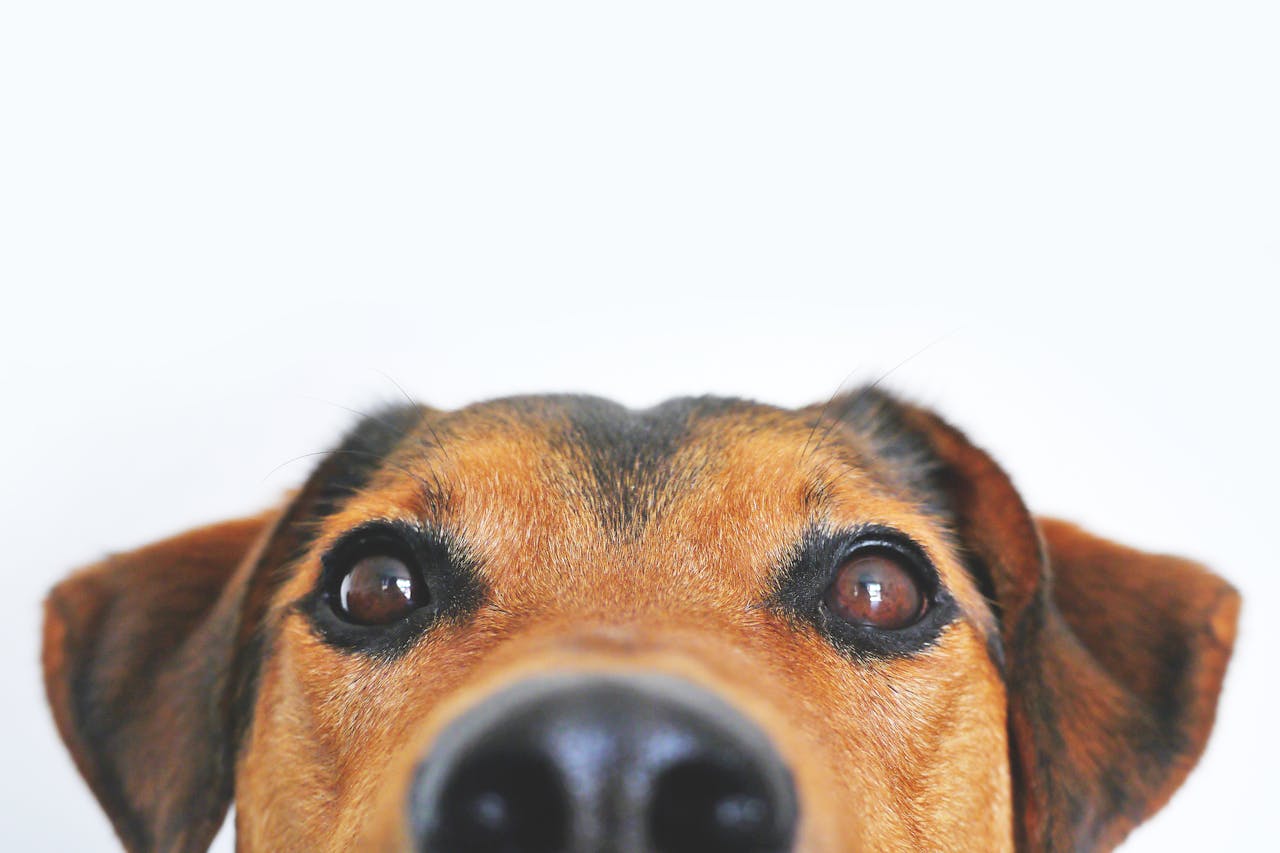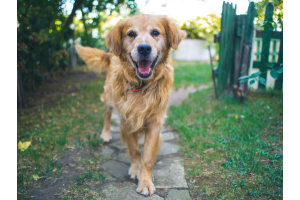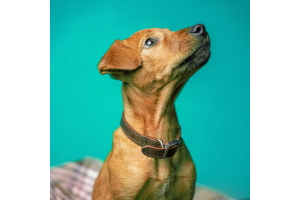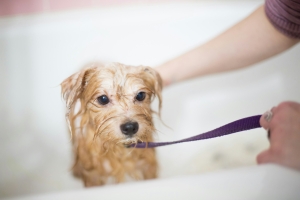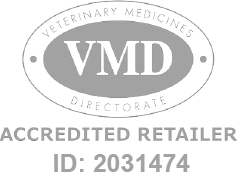Colic In Horses: Causes, Symptoms and Treatment

Horses are prone to colic, an unfortunately unpredictable and frequently unpreventable condition. Colic is associated with abdominal pain in horses. It can range from mild discomfort to a life-threatening condition.
As responsible horse owners, understanding the causes, recognising the symptoms, and knowing how to provide prompt treatment are crucial aspects of equine care.
What is colic?
Colic refers to abdominal pain in horses and is not a specific diagnosis but rather a clinical sign of various underlying issues. It can stem from gastrointestinal disturbances - although other factors such as dietary indiscretion, parasites or environmental stressors can contribute.
While there isn’t one specific cause for colic, there could be many contributing factors such as:
- Gastrointestinal disturbances: Impaction colic, gas colic and displacement colic are common forms, often caused by factors such as inadequate water intake, feeding on sandy soil, or abrupt dietary changes.
- Parasitic infections: Internal parasites such as worms can disrupt the digestive tract, leading to colic symptoms.
- Gastric ulcers: Ulcers in the stomach or hindgut can cause discomfort and pain.
- Dental issues: Poor dental health can impair chewing and digestion, predisposing horses to colic.
- Stress: Environmental stressors like transportation, changes in routine, or social dynamics can trigger colic episodes.

Symptoms of colic
Recognising the signs of colic early can significantly impact treatment outcomes. The sooner you’re able to detect colic and treat the cause, the sooner your horse will be back to its happy, healthy self.
- Pawing the ground
- Restlessness or frequent lying down
- Rolling or attempting to roll
- Loss of appetite or decreased feed intake
- Distressed vocalisations (such as groaning or continuous neighing)
- Flank watching (frequently looking at or biting the flank)
- Elevated heart rate and respiratory rate
- Sweating
While these are some symptoms, colic is not limited to these symptoms alone. If you notice anything different about your horse's behaviour or if they seem stressed, consult with your veterinarian.
Treatment of colic
Prompt veterinary intervention is crucial when colic is suspected. Veterinary treatment strategies may include:
- A thorough assessment by a veterinarian to determine the severity and potential cause of colic.
- Administration of pain-relieving medications to alleviate discomfort.
- Passage of a tube through the nose into the stomach to relieve gas buildup or remove ingested material.
- Intravenous fluids to correct dehydration and electrolyte imbalances.
- Depending on the underlying cause, treatments such as anti-inflammatories, laxatives or antispasmodics may be prescribed.
- In cases of severe colic, surgical procedures may be necessary to correct the underlying issue, such as intestinal displacement or torsion.

Prevention
While not all cases of colic can be prevented, implementing certain measures can reduce the risk:
- Maintain a consistent feeding and management routine.
- Provide access to clean, fresh water at all times.
- Implement a regular deworming program.
- Ensure proper dental care.
- Gradually introduce dietary changes.
- Minimise stress and provide a comfortable environment.
Colic is a common condition and often easily treatable, however it can be potentially life-threatening if it is left untreated. Colic requires prompt recognition and intervention.
By understanding the causes, recognising the symptoms and implementing appropriate treatment and preventive measures, you can significantly mitigate the risks associated with colic, ensuring the well-being and health of your equine companion.
Beyond addressing specific ailments like colic, maintaining overall horse health is crucial. Regular veterinary check-ups, including dental exams and vaccinations, are fundamental components of preventive care.
Dental issues, if left unattended, can not only impair digestion but also cause discomfort that may predispose horses to colic. Vaccinations protect against infectious diseases, mitigating the risk of outbreaks that can compromise herd health.
A balanced diet tailored to individual nutritional needs is essential for maintaining optimal health. Adequate intake of forage, supplemented with appropriate concentrates, supports digestion and provides essential nutrients.
Additionally, ensuring access to clean, fresh water at all times is paramount for hydration and overall metabolic function. Regular exercise contributes to physical fitness and promotes mental well-being, reducing the likelihood of behavioural issues and stress-related ailments like colic.
Always consult with a veterinarian for guidance tailored to your horse's specific needs. For more information on any of the products on our site, contact a member of our team on 01829 734 980 or email us here.


